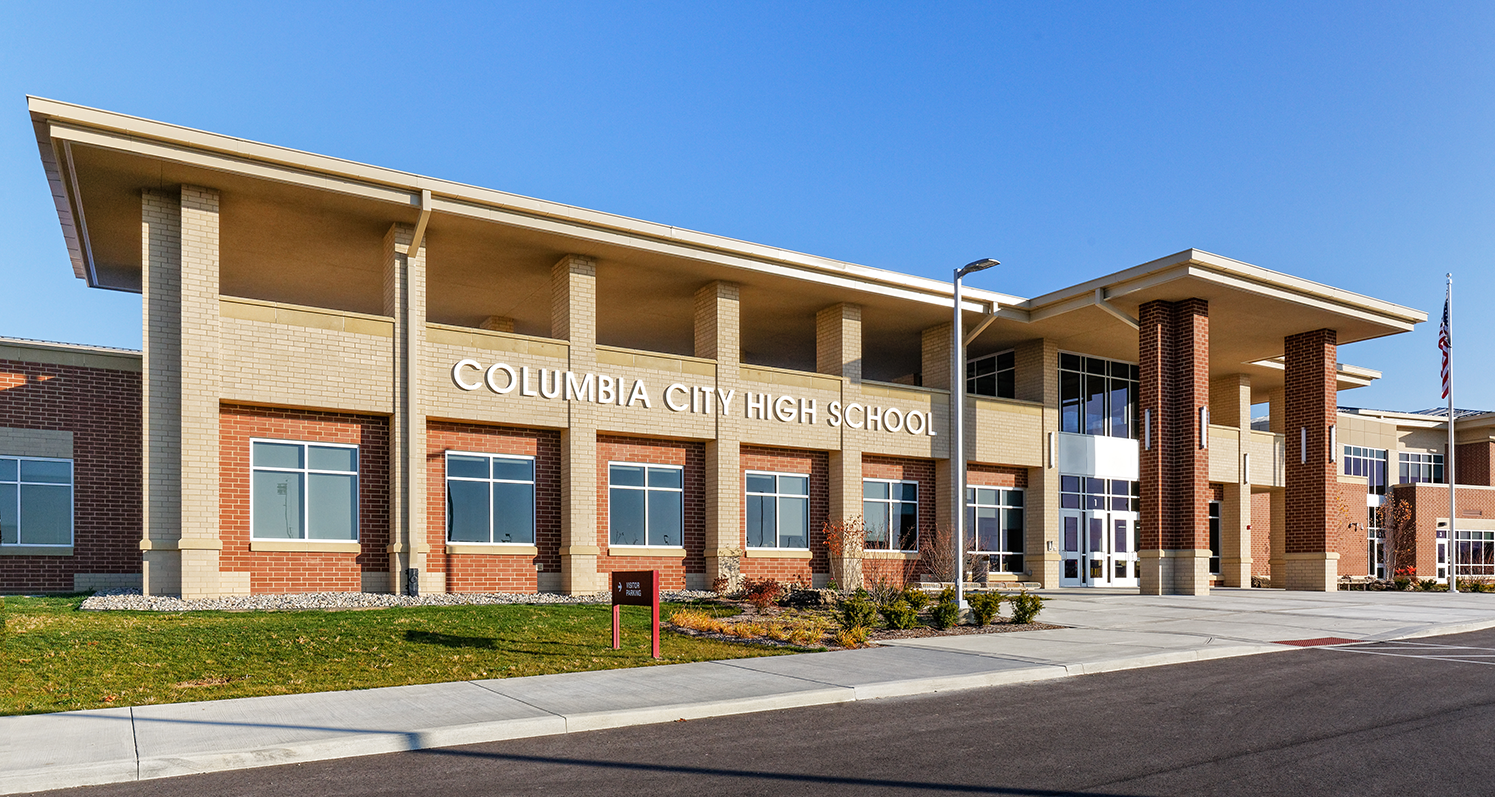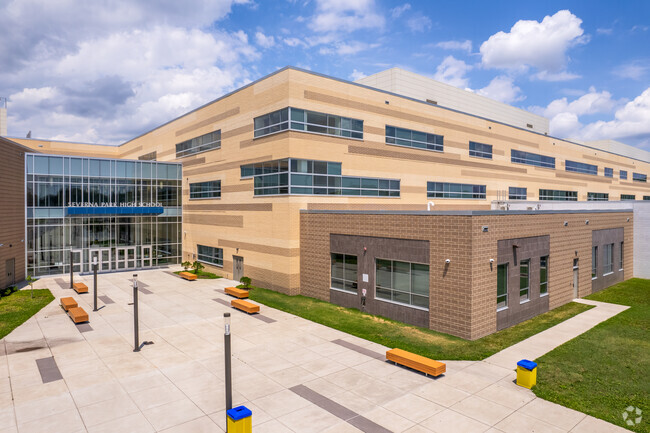Sign up with the Motion to Save Temecula Schools: Area Activity Needed!
Sign up with the Motion to Save Temecula Schools: Area Activity Needed!
Blog Article
Comprehending the Significance of Schools in Child Growth and Area Development
Schools offer as pivotal organizations for youngster growth and community growth, providing atmospheres where scholastic achievements are matched by the cultivation of social abilities and exposure to diverse viewpoints. These academic setups not only advertise crucial thinking and effective communication yet also foster empathy with collaborative tasks. Furthermore, colleges' involvement with neighborhood areas via service-learning campaigns reinforces the bond between families and academic organizations. This symbiotic partnership highlights the significance of schools in supporting energetic citizenship and long-lasting knowing behaviors. Nonetheless, what are the details devices whereby these organizations accomplish such extensive impacts?
Academic Achievement
Academic achievement works as a keystone of kid development, offering the foundation upon which future knowing and success are built. Institutions play an essential duty in cultivating this scholastic growth, supplying organized atmospheres where kids can obtain necessary understanding and cognitive skills. Standard curricula ensure that pupils gain proficiency in core subjects such as mathematics, science, and language arts, which are vital for both greater education and specialist possibilities.
In addition to passing on essential academic skills, institutions likewise cultivate crucial reasoning, analytic capacities, and intellectual inquisitiveness. These cognitive competencies are important for navigating complex real-world situations and adjusting to the ever-evolving needs of the modern-day workplace. Educators, as facilitators of learning, utilize diverse instructional approaches to satisfy diverse knowing designs, consequently making best use of individual pupil potential.
Additionally, scholastic success is closely connected to self-esteem and motivation. Children who experience academic success are most likely to develop a positive self-concept and a long-lasting enthusiasm for discovering. Schools also use various sources, such as collections and modern technology, which even more enhance the academic experience and prepare trainees for a highly innovative culture.
Social Skill Growth
Beyond academic achievement, the function of colleges in social skill advancement is vital. Schools serve as a key location for kids to discover and exercise essential social abilities such as collaboration, communication, and problem resolution. In the organized setting of a classroom, pupils interact with peers, instructors, and various other school staff, supplying numerous opportunities to develop these important capacities.
Reliable social ability development in institutions is facilitated with group tasks, joint jobs, and extracurricular programs. These communications help trainees understand social standards, construct compassion, and cultivate a sense of neighborhood. Group jobs teach trainees how to work with each other in the direction of a common objective, pay attention to different point of views, and navigate differences constructively.

The farming of social skills during school years lays a foundation for future personal and specialist connections. Save Temecula Schools. As trainees develop, the capability to effectively work together and interact ends up being progressively important, highlighting the college's critical role in alternative kid development
Direct Exposure to Variety
Direct exposure to variety in institutions is essential to cultivating a comprehensive mindset and widening students' point of views. Schools offer as a microcosm of the more comprehensive society, and experiencing diverse cultures, languages, and socioeconomic backgrounds within this environment gears up trainees with necessary abilities for navigating a progressively globalized world. This direct exposure motivates compassion, decreases prejudices, and promotes mutual respect amongst peers.
Varied classrooms also improve social and cognitive advancement. Study shows that trainees that connect with peers from diverse histories show far better problem-solving abilities and imagination. They find out to value different viewpoints, which improves classroom conversations and promotes a much more great site dynamic discovering experience. Additionally, this understanding of diversity prepares trainees for future work environments that value modern proficiency.

Area Interaction
The advantages of varied classrooms expand past the institution walls, fostering a solid feeling of neighborhood interaction among trainees. By interacting with peers from numerous social, socioeconomic, and ethnic backgrounds, pupils get a broader perspective and an appreciation for diversity. This direct exposure motivates them to come to be active citizens that are eager to contribute favorably to their areas.
Colleges that emphasize community engagement typically integrate service-learning jobs, which allow trainees to resolve real-world troubles while applying scholastic skills. These projects not just enhance students' understanding of their coursework yet also infuse a sense of responsibility and empathy. Partnerships between colleges and regional organizations supply pupils with possibilities to participate in neighborhood events, additionally solidifying their role as aggressive neighborhood members - Save Temecula Schools.
Additionally, adult and explanation neighborhood involvement in institutions reinforces the bond between schools and the areas they offer. They develop a collaborative atmosphere that benefits all stakeholders when institutions open their doors to neighborhood events, workshops, and volunteer possibilities. This mutual assistance system makes sure that students get all natural growth, preparing them to become all-around individuals who add and value to their communities. With these efforts, schools play a crucial role in supporting community involvement and fostering social development.
Lifelong Discovering Behaviors
Developing lifelong learning practices is crucial for a child's constant development and flexibility in an ever-changing world. Colleges play a pivotal duty in instilling these routines by producing an atmosphere that cultivates interest, important thinking, and a love for understanding. Through varied educational programs and after-school activities, educators urge students to discover various subjects, evaluate info seriously, and use their finding out to real-world situations.

In addition, schools give a structured setting where youngsters can establish self-control and time administration skills, both of which are critical for continual discovering. By emphasizing the importance of setting objectives, assessing progress, and adjusting techniques, academic institutions prepare trainees to browse the complexities of adult life, ensuring they stay long-lasting students and factors to culture.
Verdict
In final thought, institutions are important in promoting child development and area growth by supplying atmospheres for academic accomplishment, social ability advancement, and direct exposure to diversity. With collective projects and interactions, schools enhance important thinking, empathy, and interaction abilities. Community involvement initiatives even more reinforce the bond between universities and neighborhood Going Here communities. Ultimately, colleges cultivate lifelong knowing practices, furnishing people with the required understanding and skills to add favorably to culture.
In the organized environment of a class, trainees interact with peers, instructors, and other school staff, providing various chances to develop these important capacities.
In essence, direct exposure to variety within schools not only improves private trainees but additionally reinforces the social textile of the community as a whole.
The benefits of varied classrooms extend beyond the institution wall surfaces, promoting a solid sense of neighborhood interaction among trainees.Institutions that highlight neighborhood engagement typically integrate service-learning tasks, which allow students to address real-world problems while using scholastic abilities. Collaborations between schools and neighborhood companies give students with chances to take part in neighborhood occasions, further strengthening their role as proactive area members.
Report this page